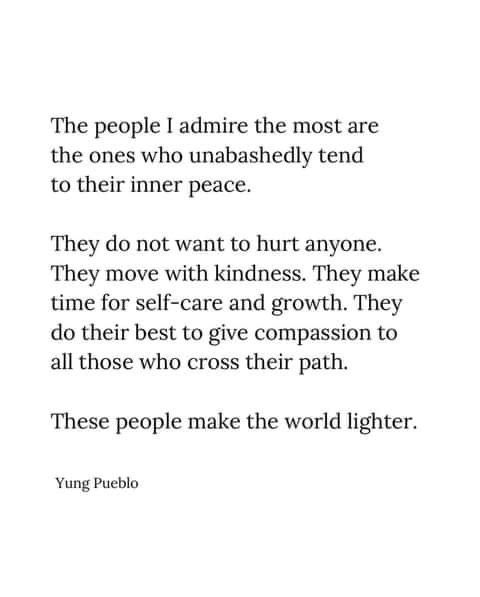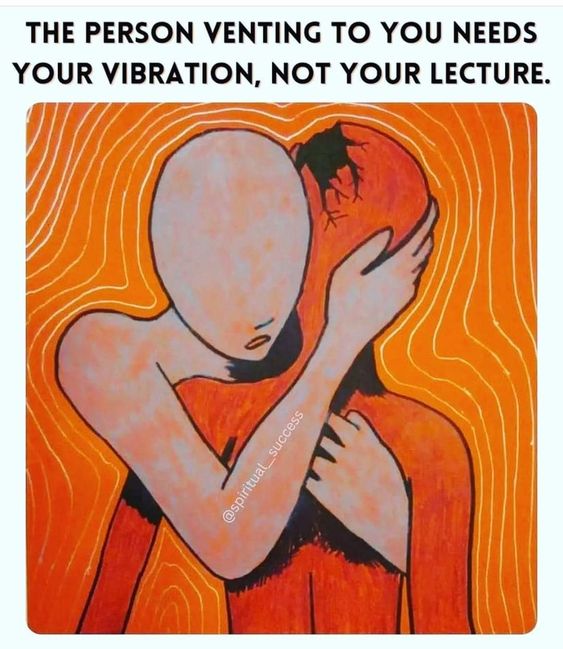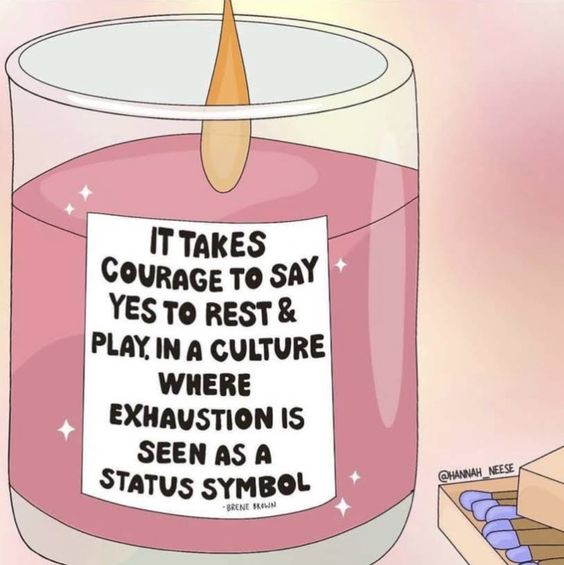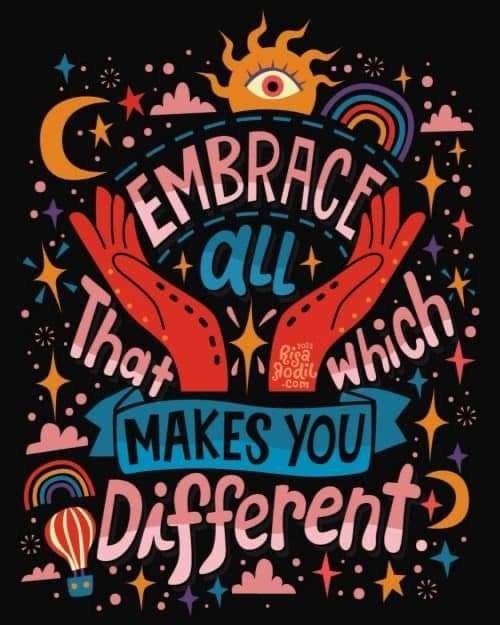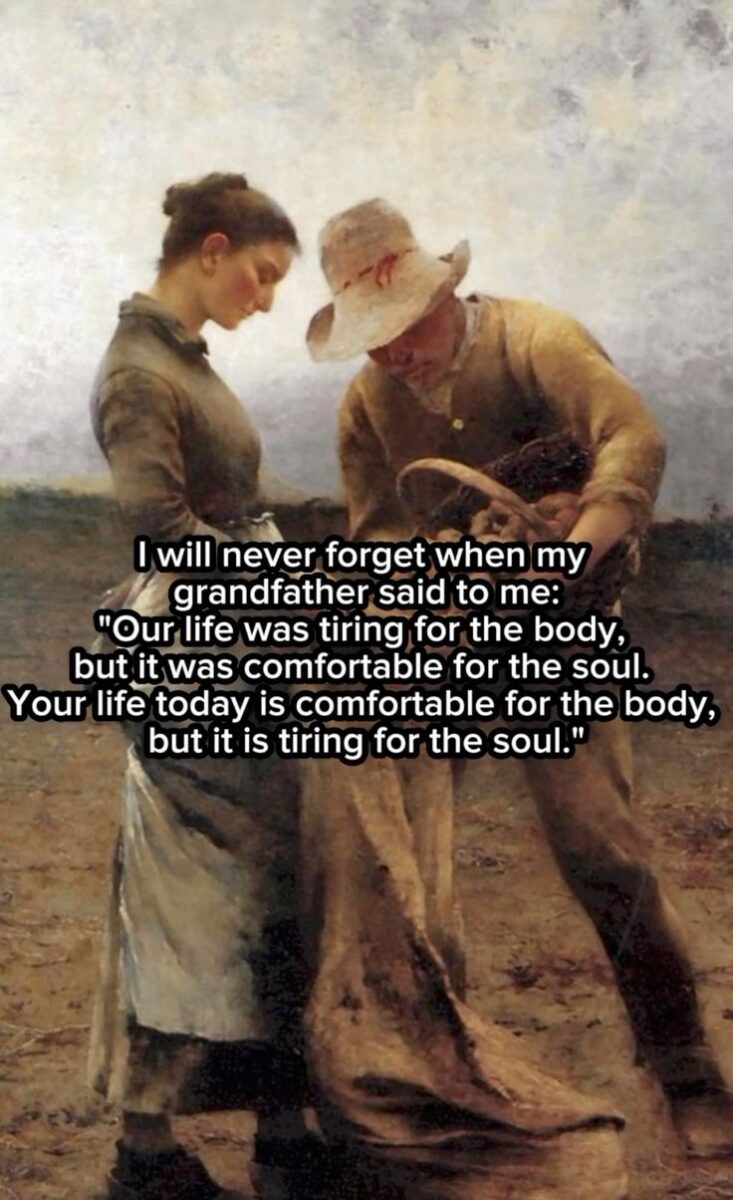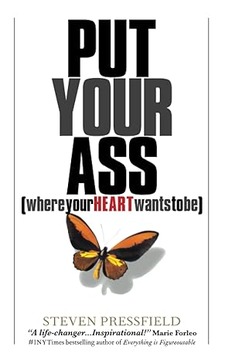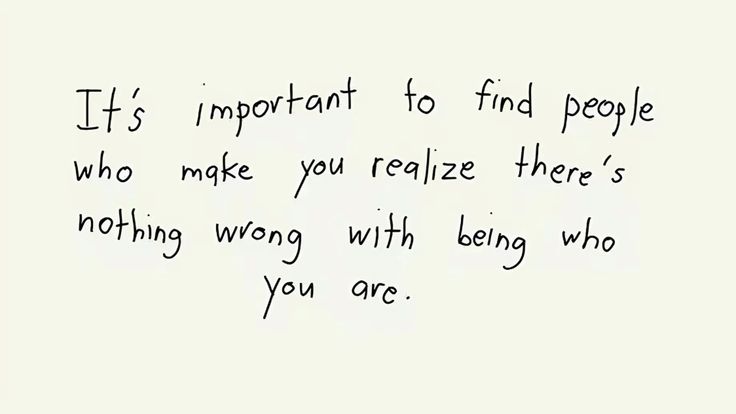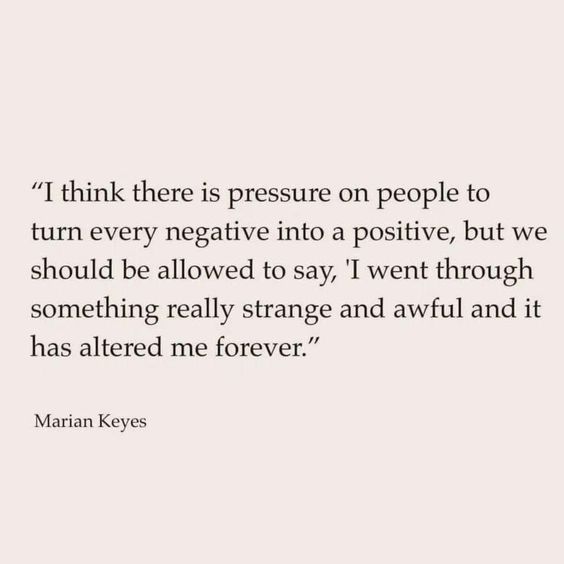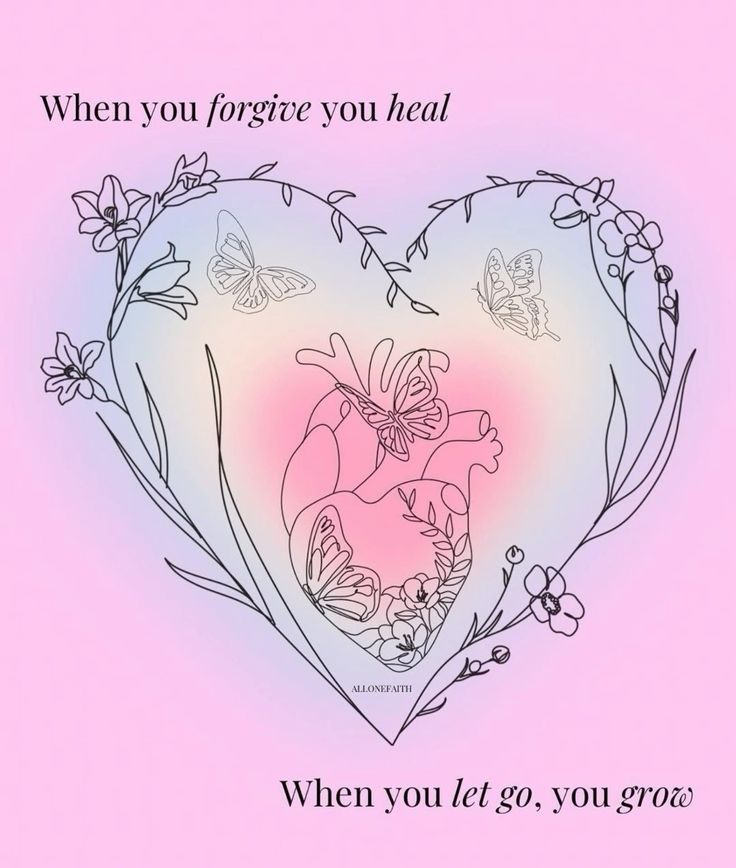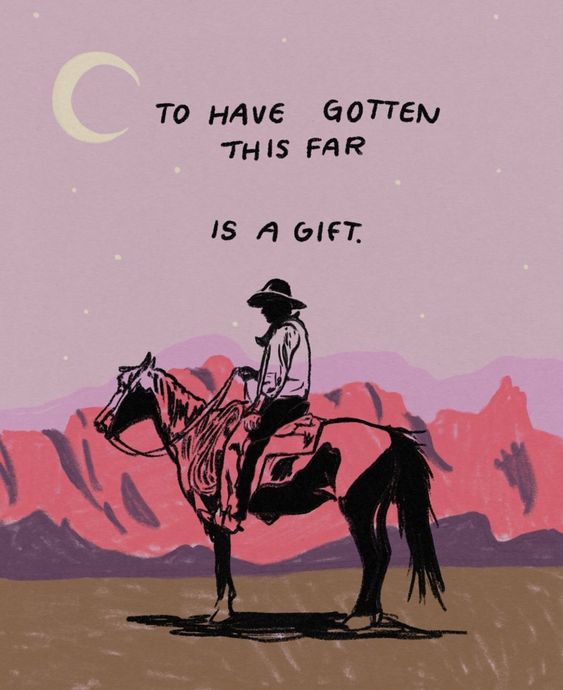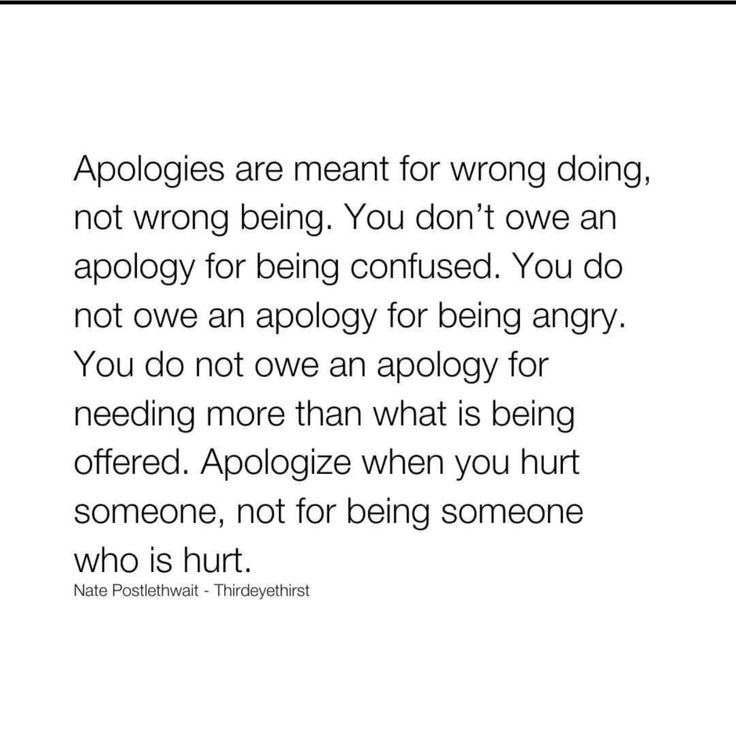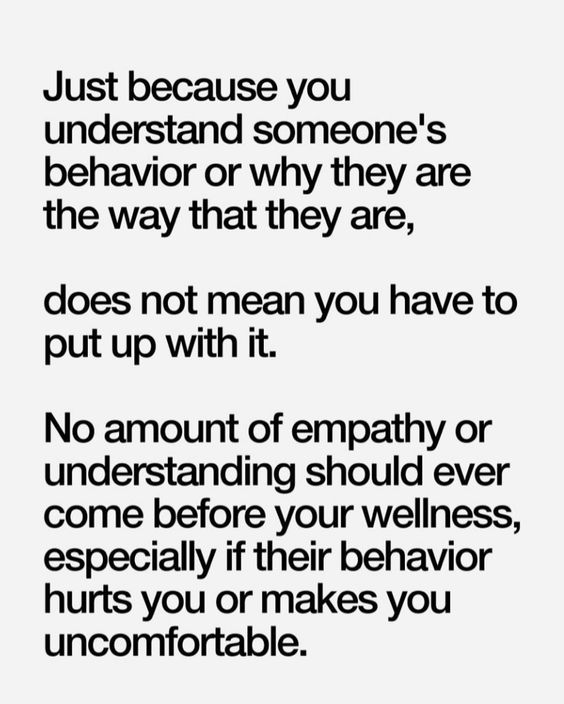“Here’s my frame of mind as I sit down to work: This is the day. There is no other day. This is the day. In other words, I release every thought that smacks of, ‘Maybe we can do this some other time.’ There is no other time. Today is the Superbowl. Today is the day I give birth. Today is the day I die.”
Steven Pressfield, Put Your Ass Where Your Heart Wants To Be (Page 74)
“Can we put our ass where our heart wants to be if we’ve got a family, a job, a mortgage? Yes. The Muse does not count hours. She counts commitment. It is possible to be one hundred percent committed ten percent of the time. The goddess understands.”
Steven Pressfield, Put Your Ass Where Your Heart Wants To Be (Page 58)
“In the struggle against injustice, it’s easy to let bitterness and hatred harden your heart. As Marcus Aurelius wrote: ‘What doesn’t transmit light creates its own darkness.’ When we close ourselves off to love and hope, we naturally experience less love and hope. The Bible reminds us that ‘whoever hardens their heart falls into trouble.’ And James Baldwin, that ‘hatred…has never failed to destroy the men who hated.’ Hatred corrodes. It takes you south, backward, down, down to depths. Love, on the other hand, protects, trusts, hopes, preserves. Love does not fail. It takes you north, it leads you forward. It always wins. Which way are you going? Is your heart growing or shrinking? Is your love and compassion and connection for other people, your hope for a better future, growing or shrinking?”
Ryan Holiday
“Hearing is one thing—listening is altogether different; they are worlds apart. Hearing is a physical phenomenon; you hear because you have ears. Listening is a spiritual phenomenon. You listen when you have attention, when your inner being joins with your ears.”
Osho, Everyday Osho (Page 232)
“When you and I put our ass where our heart wants to be, the universe responds. We change. We see ourselves differently. But others, sometimes those we are not aware of (and whom we have no idea are aware of us), see us differently too. They may come to our aid in ways we could never have predicted and by some word or act of kindness change everything.”
Steven Pressfield, Put Your Ass Where Your Heart Wants To Be (Page 41)
“Station your physical body in the spot where your dream-work will and must happen. Want to write? Sit down at the keyboard. Wanna paint? Step up before the easel. Dance? Get your butt into the rehearsal studio. Dumb and obvious as it sounds, tremendous power lies in this simple physical action.”
Steven Pressfield, Put Your Ass Where Your Heart Wants To Be (Page 11)
Put Your Ass Where Your Heart Wants To Be [Book]
Book Overview: Are you losing your “war of art”? Are you being defeated by a tendency to procrastination, self-doubt, fear, distraction, and perfectionism? Are you self-sabotaging your loftiest artistic entrepreneurial dreams? The antidote is in nine words: Put your ass where your heart wants to be. Can you shift your artistic identity—your “ass”—from the shallow, fearful, superficial ego to the wise, loving, fearless self? Can you commit to your dream for the long haul and for keeps? In this book, best-selling author Steven Pressfield delivers the tough-love inspiration to help you make this life-altering transformation.
“To me, smoking might be the most attractive activity a woman (or anyone for that matter) can do. Yet, the irony in this attraction is that if I were to fall in love with a woman who smoked, I’d want them to stop the disgusting habit immediately. Perhaps there is a metaphor in there for love. Where people fuck up tragically in love is that they fall in love with someone and then immediately attempt to make them someone else.”
Cole Schafer
“Growth is not as smooth as people think. It is painful… and the greatest pain comes when you have to go against your likes and dislikes. But who is this that goes on saying, ‘This I like and this I don’t like?’ This is your old mind, not you. If it is allowed, there is no way to change. The mind will tell you to stay in the old rut, because it likes that. So one has to come out of it. The old has to die for the new to be born. The old has to go for the new to come. If you go on clinging to the old, there is no space for the new to come in.”
Osho, Everyday Osho (Page 229)
